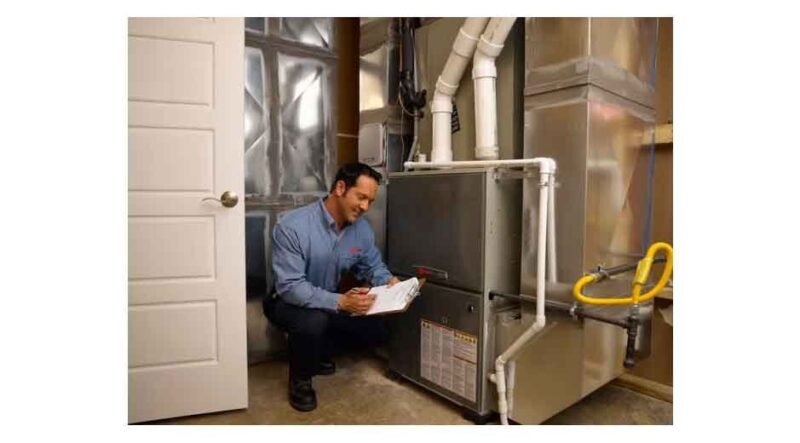Heating, ventilation, and air conditioning systems are the basic elements of indoor climate control. These systems are well-designed to provide comfort indoors, control the quality of air, and manage humidity. Knowing how each part functions, how they are integrated, and what makes a high-performing system different enables property owners to make the right decisions concerning maintenance, improvements, and HVAC services. Here is what you need to know about your HVAC unit:
Air Quality
The quality of air inside buildings determines the efficiency of HVAC systems. Ventilation systems provide fresh air in the building by replacing the indoor air with fresh outdoor air. Air conditioning systems are equipped with filters that trap dust and other particles suspended in the air. Some advanced HVAC systems may incorporate air purification units, eliminating allergens and other micro-particles. Maintaining these features confirms that the quality of the air indoors is good without having to sacrifice comfort or efficiency.
System Zoning
Zoning makes it possible for HVAC systems to provide specific climate control for various sections of a property. These systems subdivide the building into zones, and each zone is provided with its own conditioning and ventilation. This involves using dampers and thermostats set to respond to the preferences of the various areas. Zoning increases the control of the system by excluding air circulation in areas that are not in use, which may help to save money in the long term. An HVAC expert can help assess your space to determine if your building will benefit from this system type.
System Controls
Thermostats are the control center of the HVAC system, which sends signals to other parts of the unit to start or stop heating or cooling. Smart and programmable thermostats allow individuals to set temperatures at different times of the day and week, as well as adjust for occupancy. Integration with smart technologies allows for remote monitoring, data analysis, and system alerts. Individuals can easily track temperature changes from a smartphone or tablet, helping to increase control and comfort.
Seasonal Adaptability
HVAC systems are designed to adapt to changes in the outdoor environment. In the winter season, heating components switch on to produce and circulate heat within the interior of the building. During the summer season, the system works in reverse. It removes heat from the indoor air and releases it through the outdoor condenser units. This is made possible through automatic sensors and multi-purpose parts that allow the system to adapt to the changing seasons. This automatic process should be maintained regularly by a heating and cooling professional to make sure that everything is working properly.
Maintenance Intervals
Maintenance confirms that the HVAC system continues to operate efficiently. Over time, air filters, motors, and coils may get dirty. Regular inspections help identify mechanical irregularities and airflow disparities at an early stage. Maintenance keeps the equipment in good condition for a long time and also confirms that the internal parts are well aligned. During these visits, HVAC services can check the airflow, inspect the condensate drain, and test the thermostat and sensors. This thorough approach can reduce the chances of system failure and improve reliability.
Installation Precision
Each HVAC installation is different in terms of layout, airflow requirement, and expected performance. A custom approach starts with measurements of the property and an assessment of the architectural plan. Ceilings and floor plans may require custom ventilation systems. The location of your equipment is planned to avoid any vibrations, noise, or air currents that may interfere with everyday operations. This customized strategy confirms that all the system components are sized and positioned correctly. The results include uniform air circulation, proper temperature regulation, and balance in the system’s operation.
Hire Reputable HVAC Services Today
To make sure your HVAC system performs well throughout the year, engage the services of an HVAC expert who understands the various aspects of climate control systems. Select a team that pays attention to the details of installation, implements complex systems, and designs solutions based on the layout of your building. These providers should offer services that are specific to the needs of your home or office building. Call an HVAC expert today to learn how a team can help improve your indoor climate.








